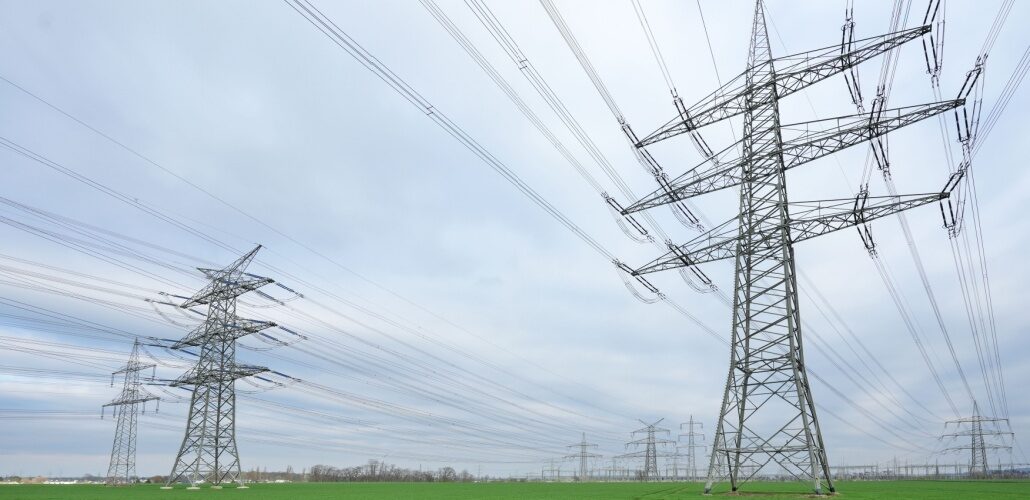German grid needs $324.5 B by 2050
A forecast study on behalf of German bank KfW determined that investments of roughly €300 billion ($324.5 billion) will be needed for the country’s grid infrastructure by 2050.

Image for illustration purposes.
Germany, Frankfurt: A forecast study on behalf of German bank KfW determined that investments of roughly €300 billion ($324.5 billion) will be needed for the country’s grid infrastructure by 2050. According to the bank, the funds for this cannot come from the public sector alone, but must be sourced, for the most part, from private donors or via the capital market.
Stefan Wintels, CEO of KfW, said: “The German energy transition is highly attractive for international investors under reliable framework conditions. The strong interest shown in today’s conference is evidence of this. In order to take advantage of the opportunities offered by the Investment Case Germany, a strong capital market is needed, especially as this will play an even more important role in financing the transformation in the future. To this end, we are promoting dialogue between the financial industry, the real economy and politics, and we are advocating for investment-friendly framework conditions.”
The bank cites the expansion of renewables required for the energy transition as calling for suitable and flexible transmission and distribution networks, which then requires this significant investment, adding that, in the coming years, investment opportunities will arise in hydrogen networks and storage infrastructure.
Germany’s federal minister for economic affairs and climate action, Robert Habeck, commented: “Germany wants to be climate-neutral by 2045 and increase the proportion of electricity generated from renewable energies to 80% by 2030. With renewables covering more than half of the electricity supply in Germany for the first time in 2023, these binding climate targets are within reach. The next major milestone in the energy transition is the expansion of energy infrastructure. We have already noticeably accelerated the expansion of the grid, and the construction of the hydrogen core grid is starting.”
Source: Smart Energy International




